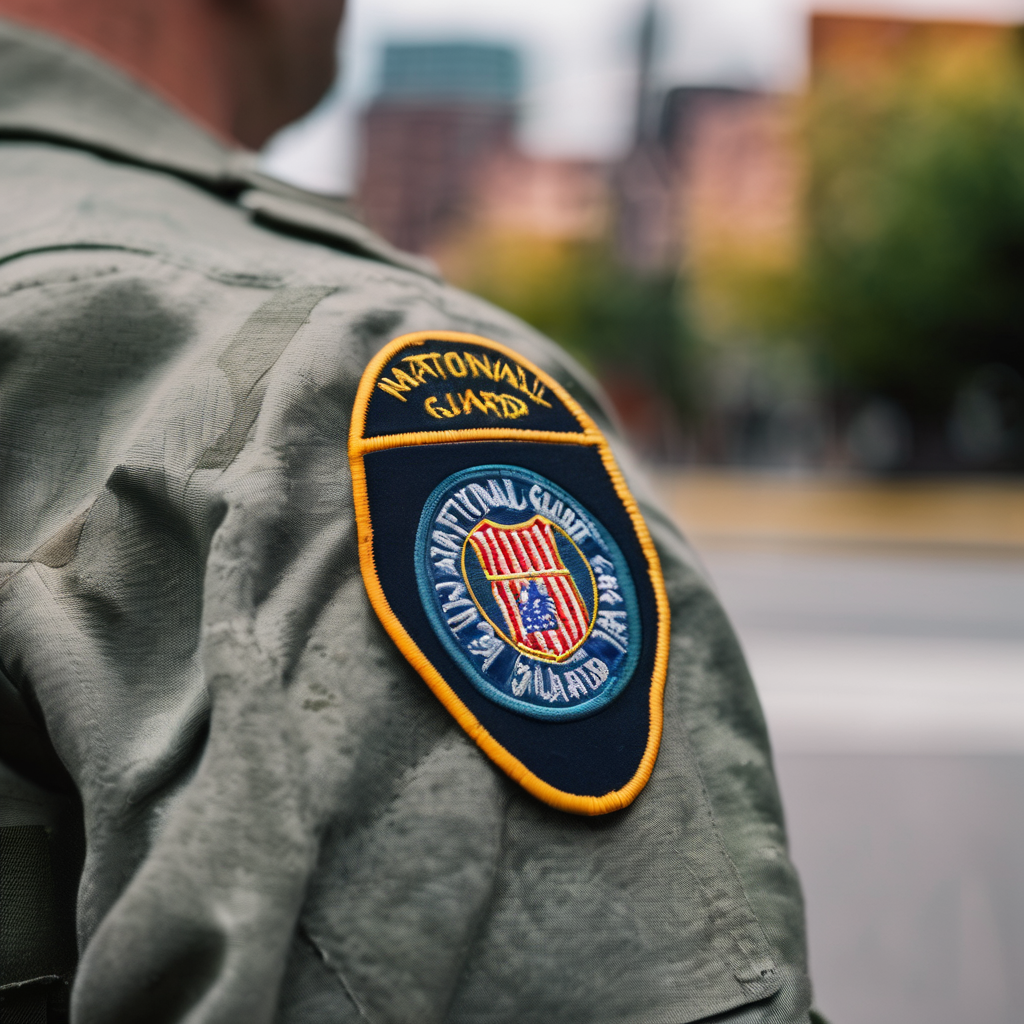President Donald Trump has ordered the reassignment of federalized troops from California to Portland, Oregon, following a court’s denial of his request for National Guard deployment in the city. The Pentagon announced that approximately 200 members of the California National Guard, who were previously stationed in Los Angeles, will now provide support for U.S. Immigration and Customs Enforcement (ICE) and other federal personnel operating in Portland. This decision is part of Trump’s broader initiative to combat crime in predominantly Democrat-led cities amid ongoing protests regarding immigration enforcement.
California Governor Gavin Newsom has expressed strong opposition to the deployment, labeling it a “breathtaking abuse of the law and power.” He has indicated plans to pursue legal action against the federal government for circumventing a judge’s order that prevented the deployment of troops specifically in Portland. Newsom criticized the president’s actions, arguing that the deployment is not aimed at public safety but rather shows a misuse of military power for political gain. He urged the public to speak out against what he described as reckless and authoritarian behavior from the Trump administration.
The tension surrounding Portland is indicative of a larger national issue, with protests taking place in various cities over increased immigration raids and enforcement by the federal government. Trump has frequently targeted Portland, identifying it as a stronghold of anti-fascist activists—known as Antifa—whom he recently designated as a domestic terrorist organization.
In tandem with the deployment to Portland, Trump also authorized the dispatch of 300 National Guard troops to Chicago to address rising crime rates, a move that has similarly drawn criticism from local leaders. Illinois Governor JB Pritzker condemned the authority’s actions, accusing the administration of attempting to manufacture a crisis to justify further military presence and agitation among the public.
Despite the controversy surrounding these deployments, the Trump administration maintains that they are essential for protecting federal assets and maintaining order in the face of violent protests and unrest. However, the decision has reignited debates about the role of federal troops in civilian affairs and the implications for local governance. Leaders in both Oregon and Illinois have decried the actions as an overreach of federal power and are pushing back against what they perceive as attempts to escalate tensions.
